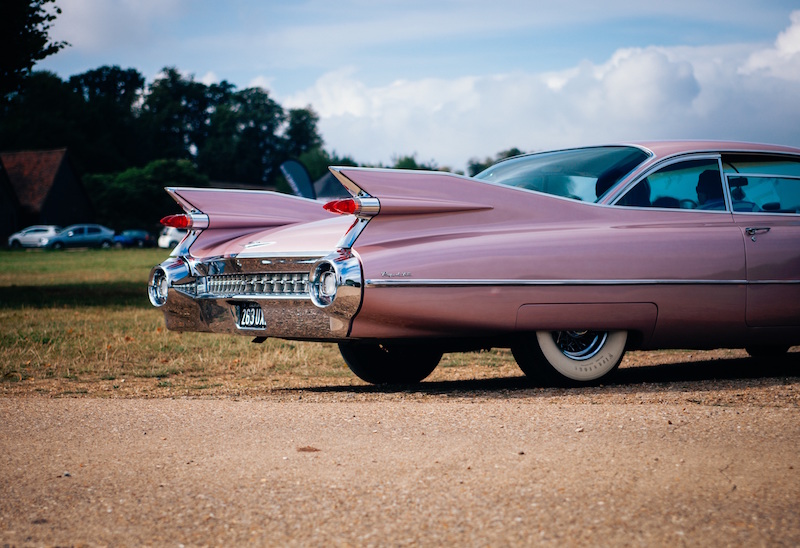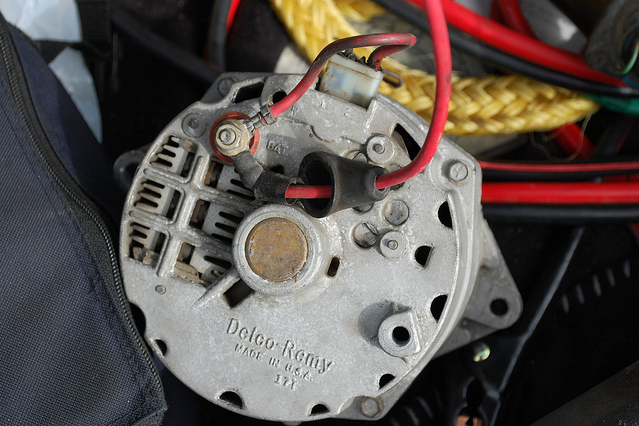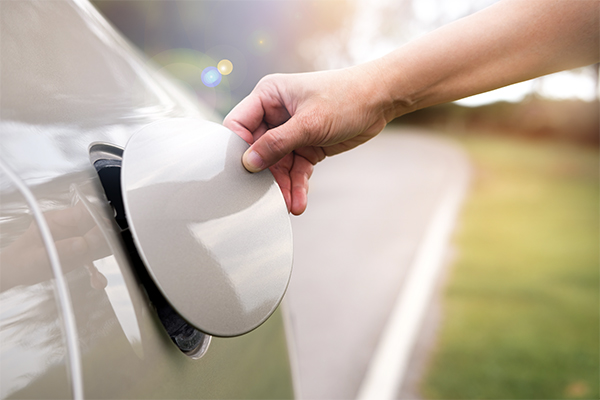If you own a classic car or have been thinking about getting one, chances are someone has told you that you need to use a lead substitute. But what is lead substitute, and why might you need it? Does it really work?

Source | Clem Onojeghuo
The theory behind lead substitute is that when the engine in your classic car was designed and built, gasoline had lead in it—more specifically, tetraethyl lead, or TEL. That lead served several functions. It boosted the octane rating, allowing for higher compression ratios; helped reduce knocking; and reduced wear on the valve seats. (It did so by helping to prevent "microwelds" from forming between the hot valve surfaces and the seats in the cylinder head as the valve closed.) The process of constant welding and subsequent tearing free when the valve opened again could wear the valve seats over time, requiring expensive repair.
Phasing out lead
A California ban on leaded fuel use went into effect in 1992, and the rest of the nation followed in 1996. The phase-out had already begun in the mid-1970s over concerns about the toxicity of lead and its interference with catalytic converters. Once lead was phased out of gasoline, carmakers began to make hardened valve seats and used different (higher-temperature) valve materials to eliminate the problem of microwelding and valve seat wear. Today, lead substitutes use a variety of proprietary formulas, often based on manganese, sodium, phosphate, or iron, rather than lead, to fulfill the function of lead without the toxic side effects and harm to catalytic converters.

Source | David Brodbeck
When you can skip the lead substitute
So the question arises: If your engine was made before hardened valve seats became common, does today's unleaded fuel mean you need lead substitute to keep from causing damage to your valve seats? The answer is, frequently, no. Many of the cars built even when leaded fuel was common have sufficiently hard valve seats to endure unleaded fuel use, especially if the car was made after the mid-1960s. You may want to use premium fuel, especially in higher-performance classic engines, to ensure you have sufficient octane and knock resistance, but the valve seats themselves are unlikely to suffer from unleaded fuel use.
That said, some engines definitely did have "soft" valve seats that were prone to damage from use of unleaded fuels. Some of these engines have been upgraded to harder valve seats over the years by their owners; if yours is among these, you can use unleaded fuel with impunity. If your car is currently running just fine, and has been running for the decades since leaded fuel was phased out, it is probably safe to continue running without lead substitute.
When lead substitute is a smart bet
Most of the cars that had problems with unleaded fuel suffered whatever damage they were going to suffer in the '70s and '80s, and have already been taken off the road. On the other hand, many classic-car owners argue that lead substitute can't hurt your engine and may help reduce any risk of using unleaded fuel in an engine intended for leaded gasoline. For many, the low cost and ease-of-use of lead substitute (typically a small amount is added to the gas tank at fill up) makes for cheap peace of mind.
The bottom line? It's up to you, but chances are good that you and your engine will get along just fine without any lead substitute, as long as you're running the proper octane for your car.
Do you use a lead substitute? Tell us about your experience.








